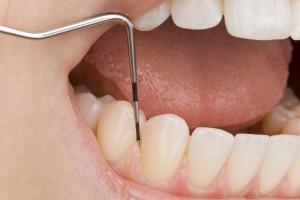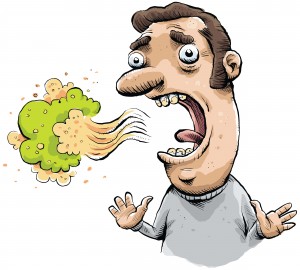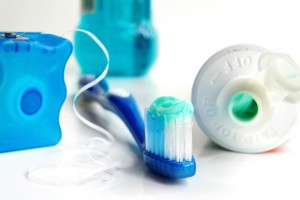
In the United States, we smile when we’re happy or when we want to covey warmth and friendliness to another. Because it comes so naturally to us when we’re happy, it’s easy to think of smiling as a universal human gesture. Not all cultures interpret smiles in the same way, however, and some may even take it as a sign of sadness.
In many Asian societies, smiling is viewed as a frivolous activity and indicates that you are not taking a situation seriously. According to the Retrospectacle neuroscience blog, this belief is so prevalent that Koreans are known for their common saying, “He who smiles a lot is not a real man.” Smiling is also used to convey embarrassment, sadness, confusion and even anger in Asian cultures and is used to smooth over awkward situations. In China, smiling in greeting is acceptable, but you should do so with your mouth closed, since a wide, toothy grin is often viewed as silly and a bit daft. Continue reading →

You’d be surprised at how many times bleeding gums can both be prevented and stopped from bleeding by simply doing the easy to carry out the steps we have listed below. Check these tips out and stop bleeding gums from ever developing–now!
1. Brushing your teeth at least three times daily and making certain that proper brushing techniques are followed go a long way in preventing bleeding gums. Sometimes, swollen gums result from overly rigorous brushing, so be sure to ask your family oral physician or dental assistant their help in showing you how best to brush your teeth. Continue reading →
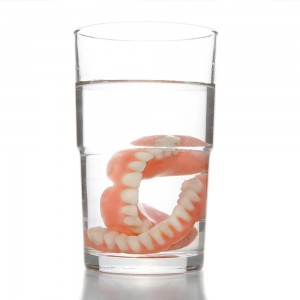
One of the most upsetting aspects many denture wearers must deal with is having dentures that do not fit well. When dentures are too loose or rub a wearer’s gums it can cause sores to form. This can lead to pain and discomfort when the dentures are being worn. This can be a difficult situation and can often cause the patient to wonder what is wrong with the way their dentures were made.
Cause of Improper Fitting Dentures
Most denture wearers may become confused as why their dentures have suddenly changed and stopped fitting properly. Often they may think the dentures were designed improperly. However, this is generally not the case. In most situations, the dentures have not changed, but instead the change has occurred in the shape of the person’s mouth. Continue reading →
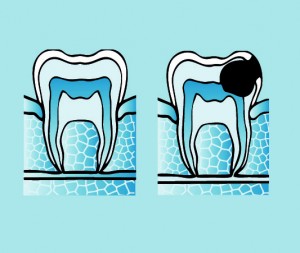
Dental health is surprising closely linked to the health of the rest of the body. Always remember that a healthy mouth is a signal of a healthy person. Once a person realizes that they have a cavity, either from pain in their mouth or from learning it from a dentist, they might not be sure if they want to have it taken care of right away. Some fear have to take care of these problems, as they are afraid that having a cavity filled will painful. Others may not be sure if they can afford it, and often choose to put off taking care of the cavity.
However, the longer the wait, the more time the cavity has to get worse. Those who want to put off the procedure to save money or pain are not doing themselves a favor in the long run. Having a cavity filled is a fairly simple and inexpensive procedure. However, those who leave cavities on their teeth often eventually need a root canal. This is a far more expensive and far more painful dental procedure that can often be avoided by having the cavity taken care of early on. Continue reading →


